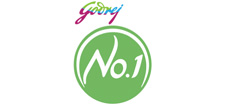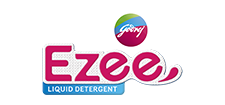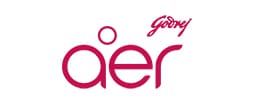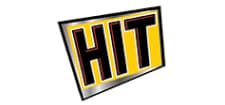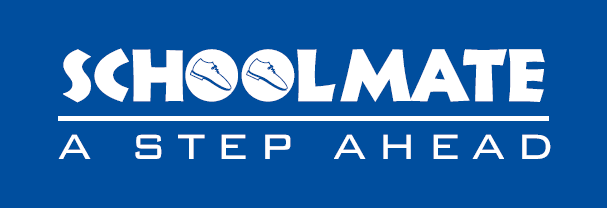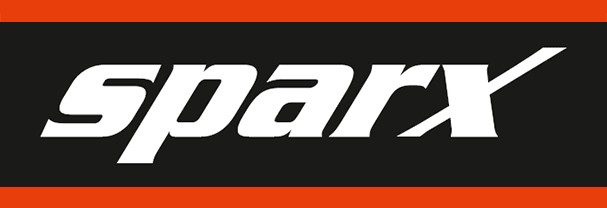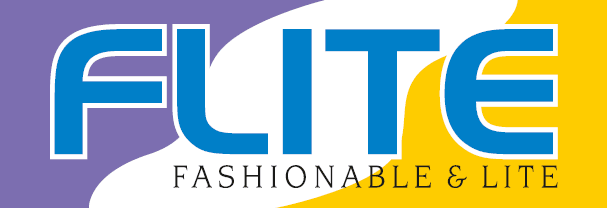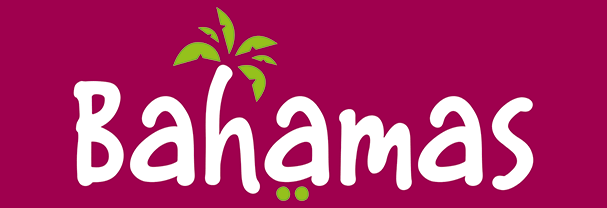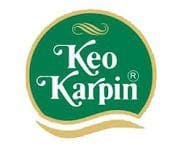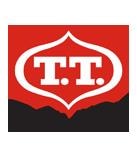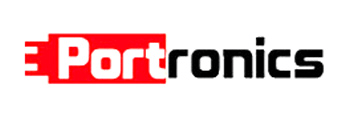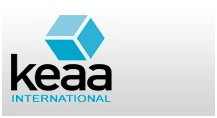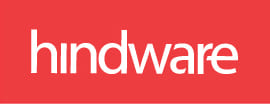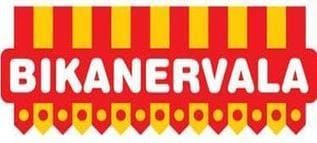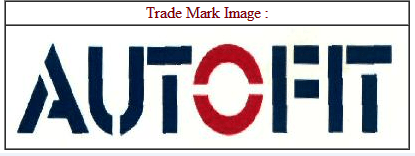Blog
India on pro-IP regime: Think Tank for IPR
Indian Intellectual property laws are under scrutiny since Compulsory license was granted to Nexavar. If a Compulsory license (CL) is granted then CL owner can use that invention against the will of owner. Second major problem with Indian Patent law, according to foreign firms is under section 3 (d), a new improvement or modification cannot be patented until and unless it shows the efficacy. Controller has authority to define efficacy in drugs related inventions.
Under pressure of US government, Department of Industrial promotion and policy, India decided to make their IP laws consistent with rest of the world. This pro-IP regime is part of Modi’s plan to make India better in every sector.
This six membered think tank is going to draft a national policy for intellectual property. Justice Prabha Sridevan will be the chairperson.
Major tasks to be undertaken:
– Inform Government about Anomalies in IPR sector
– Recommendations for major areas of problem like Pharma sector for patents
– Report on Best practices in IPR in various developed countries
– Suggest solutions regarding major IPR issues
First meeting for the same already happened on October 29 2014. They decided to gear up and finish the work by March next year.
Why are we making a foray decision to think on IPR laws? Is it really required? Selling medicines at higher prices would never benefit poor class of India. So, sometimes grant of Compulsory license is a must. Bayer decided to sell medicine at approx. 2 lakhs per month that was impossible for a poor person to afford. According to US, India is weak in protecting IPR. On the other hand, PepsiCo’s chief counsel of IP Thomas P Schlur, has applauded the contribution of India in enforcement of IPR in past 25 years.
So, Compulsory license provision is to safeguard the interest of public. Again, section 3(d) is to prevent Evergreening. If Evergreening will be stopped then essential drugs or inventions will be available to the public at the right time.
So, I think country’s law should be according to the benefit of people. Moreover, the controller already rejects many applications for Compulsory license like BDR pharma Vs. BMS case. BDR applied compulsory license u/s 84 (6), which didn’t meet the required criterion. So, the controller straight away rejected application. So, we must not forget these applications before under estimating Indian IP laws. So, lets see what Modi’s think tank would bring up for India’s IP laws.
My Caring Brands
Brands and Fakes has aligned the capabilities of the service delivery eco system with the industry verticals, so that the Brands under various industry verticals and sub verticals are able to get services from expertise in their specific domains.
 Android
Android

